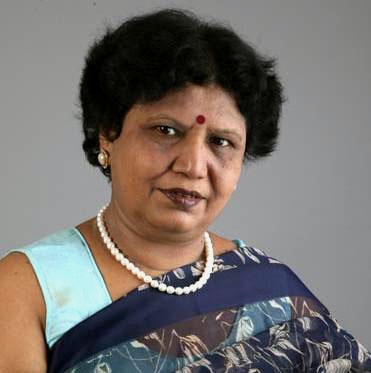Holashtak is an eight-day period preceding the festival of Holi, observed primarily in Northern India. In 2025, Holashtak begins on March 7 and concludes on March 13, culminating with Holika Dahan, the eve of Holi.
Holashtak 2025: Date and Time
| Tithi | Date and Time |
|---|---|
| Ashtami Tithi Begins | March 6, 2025 - 10:51 AM |
| Ashtami Tithi Ends | March 7, 2025 - 09:19 AM |
| Holashtak Begins | March 7, 2025 |
| Holashtak Ends | March 13, 2025 |
Description and Significance
The term 'Holashtak' combines 'Holi' and 'Ashtak', referring to the eight days leading up to Holi. During this period, it is traditionally considered inauspicious to initiate new ventures or conduct auspicious ceremonies such as marriages, housewarmings, or thread ceremonies. This belief stems from the notion that planetary positions during these days are unfavorable, potentially leading to undesirable outcomes.
Mythological History
Holashtak's origins are rooted in Hindu mythology, particularly the legend of Prahlada and his father, King Hiranyakashipu. According to the Vishnu Purana and the Bhagavata Purana, Hiranyakashipu, a demon king, demanded that everyone worship him instead of the gods. His son, Prahlada, remained devoted to Lord Vishnu, defying his father's orders. In response, Hiranyakashipu subjected Prahlada to severe tortures over eight days, from the Ashtami (eighth day) to the Purnima (full moon) of the Phalgun month. Despite these ordeals, Prahlada's unwavering devotion protected him, leading to the demise of Holika, Hiranyakashipu's sister, who attempted to kill Prahlada by fire. This event symbolizes the victory of good over evil and is commemorated during Holika Dahan.
Dos and Don'ts During Holashtak
Dos:
- Spiritual Practices: Engage in devotional activities such as chanting, meditation, and reading sacred texts. Worshipping deities like Lord Shiva and Lord Vishnu is considered auspicious during this time.
- Worship Lord Vishnu and Narasimha: Devotees often offer prayers to Lord Vishnu and his avatar Narasimha during Holashtak, seeking protection and blessings.
- Charitable Acts: Perform acts of charity, including donating clothes, food grains, or money to those in need. Such deeds are believed to bring positive energy and blessings.
- Fasting and Penance: Observing fasts and practicing penance are encouraged, as this period is deemed suitable for self-purification and spiritual growth.
Don'ts:
- Initiating New Ventures: Refrain from starting new business ventures, jobs, or significant projects, as the period is considered inauspicious for such activities.
- Auspicious Ceremonies: Avoid conducting ceremonies like marriages, engagements, housewarmings, or naming ceremonies during these eight days to prevent potential negative influences.
- Major Purchases: It is advisable to postpone purchasing items like gold, silver, property, or vehicles until after Holashtak, as these days are not considered favorable for significant acquisitions.
- Avoid Haircuts: Traditionally, it is recommended to avoid haircuts during Holashtak, as it is considered inauspicious.
By adhering to these guidelines, individuals aim to navigate the Holashtak period with mindfulness, focusing on spiritual enrichment and avoiding activities that are traditionally considered inauspicious.






